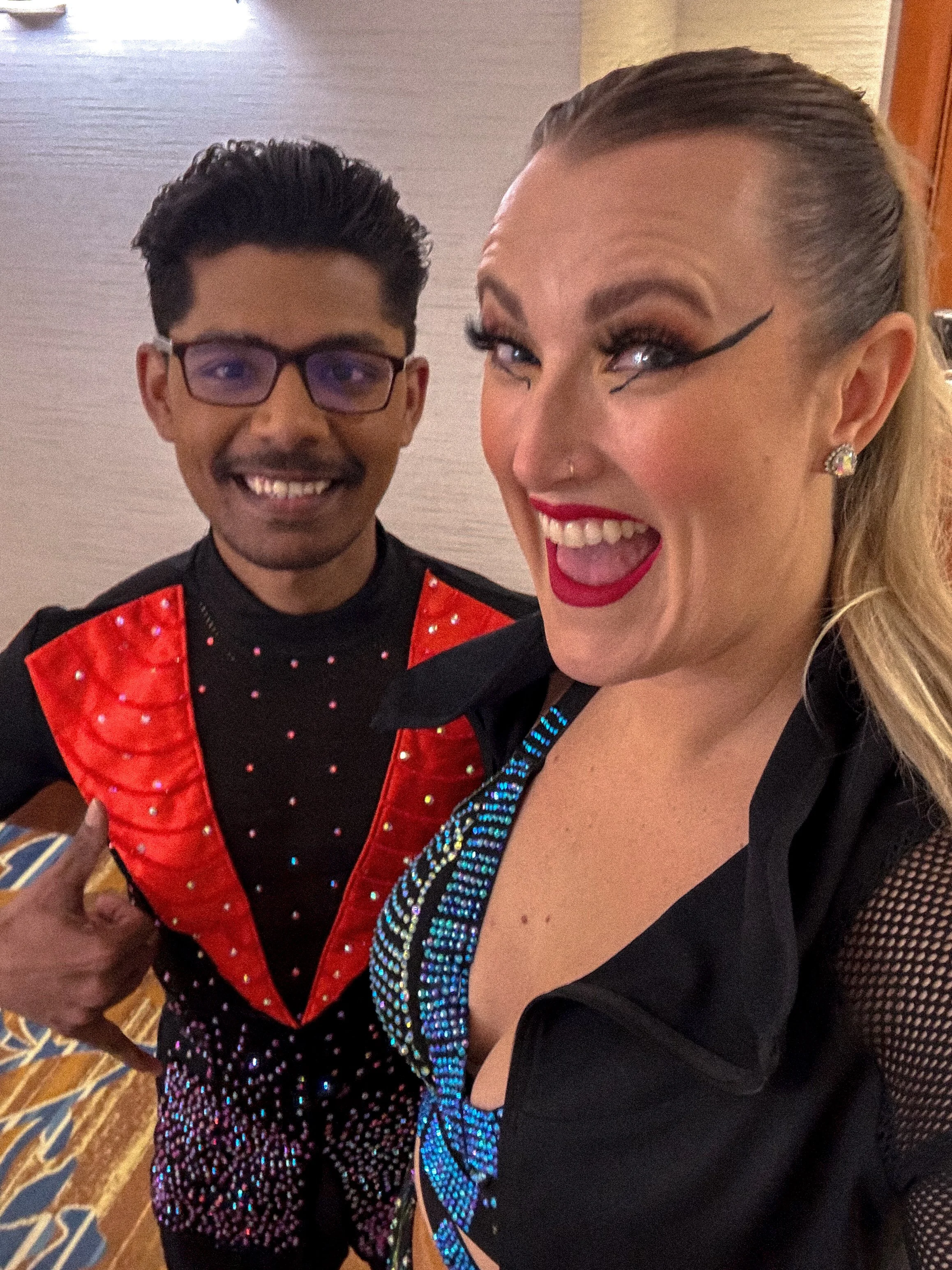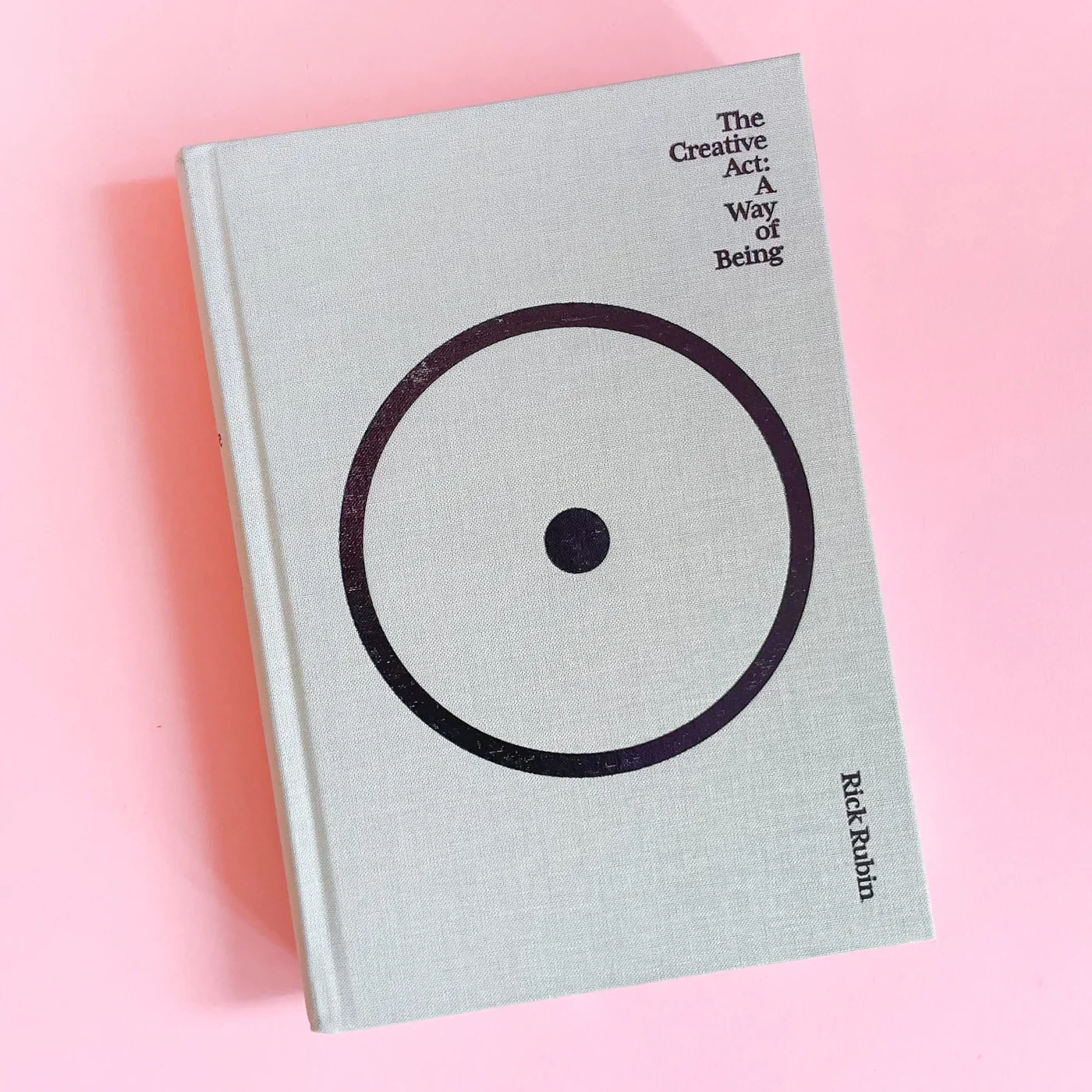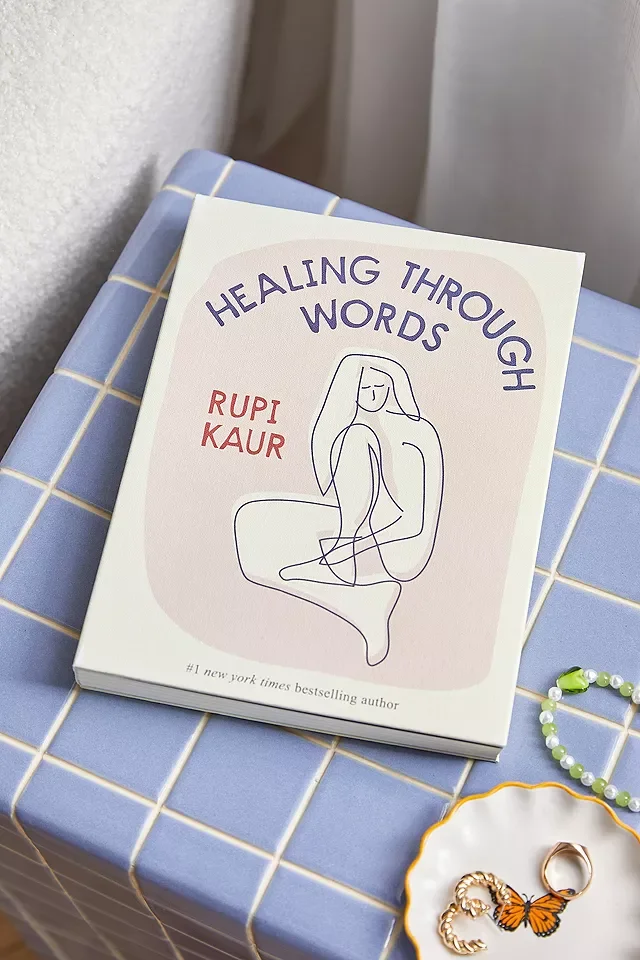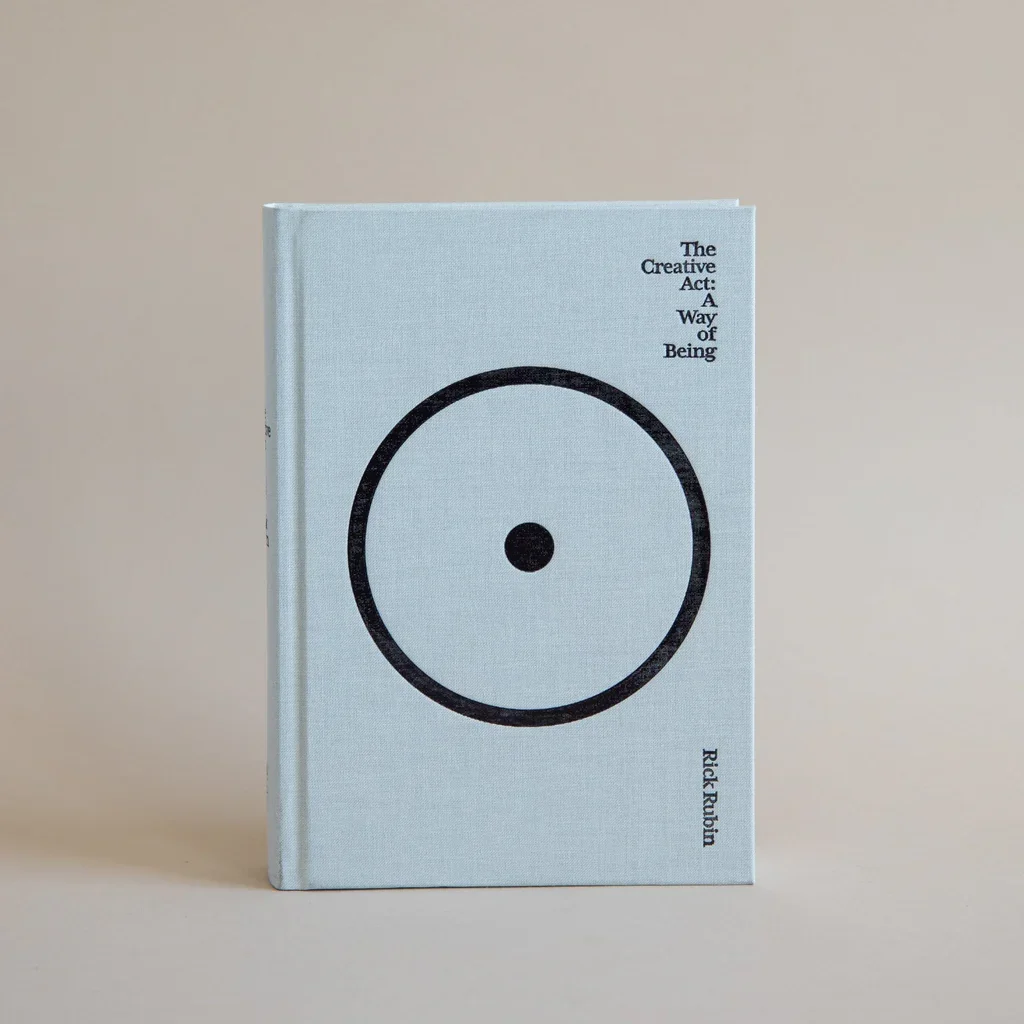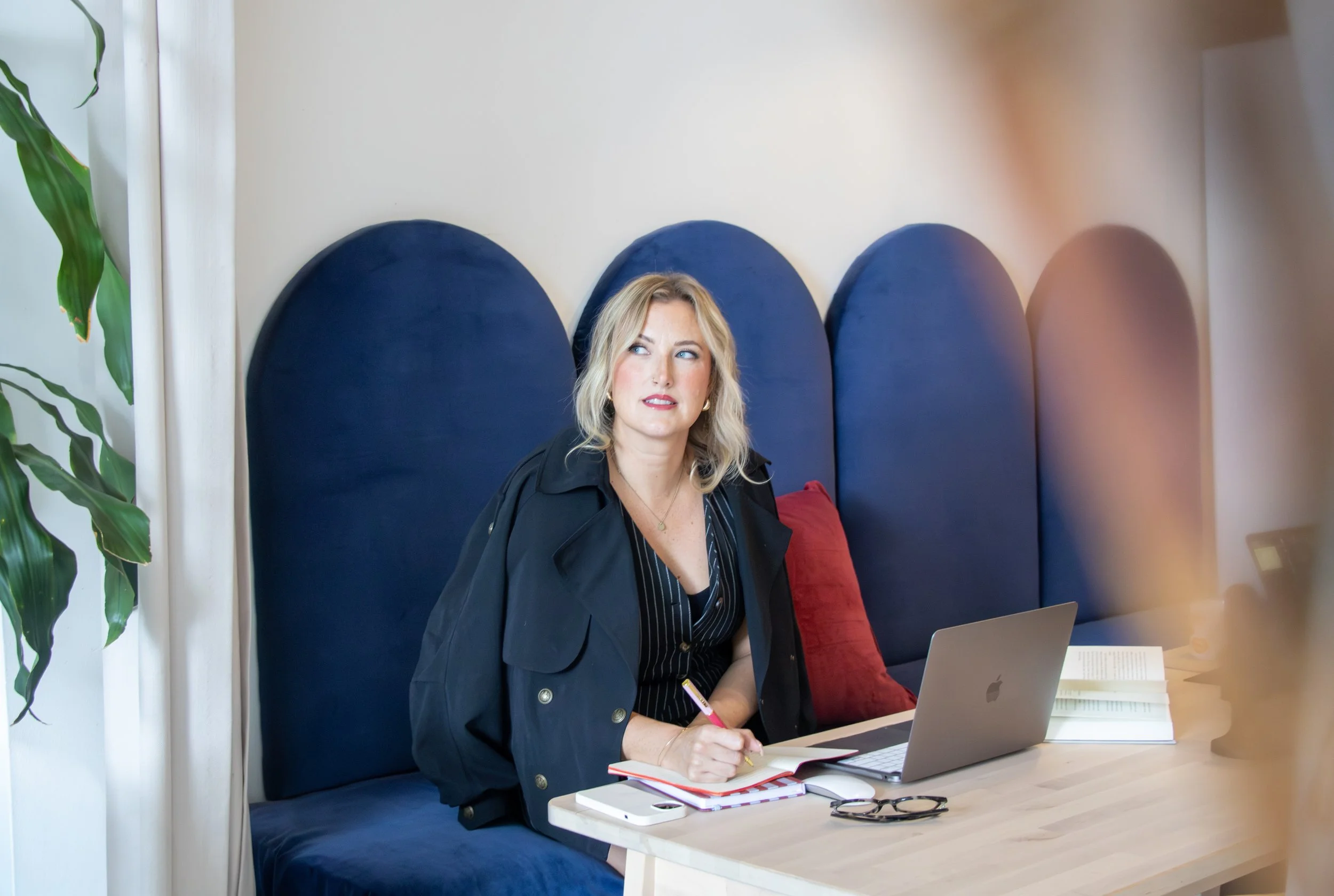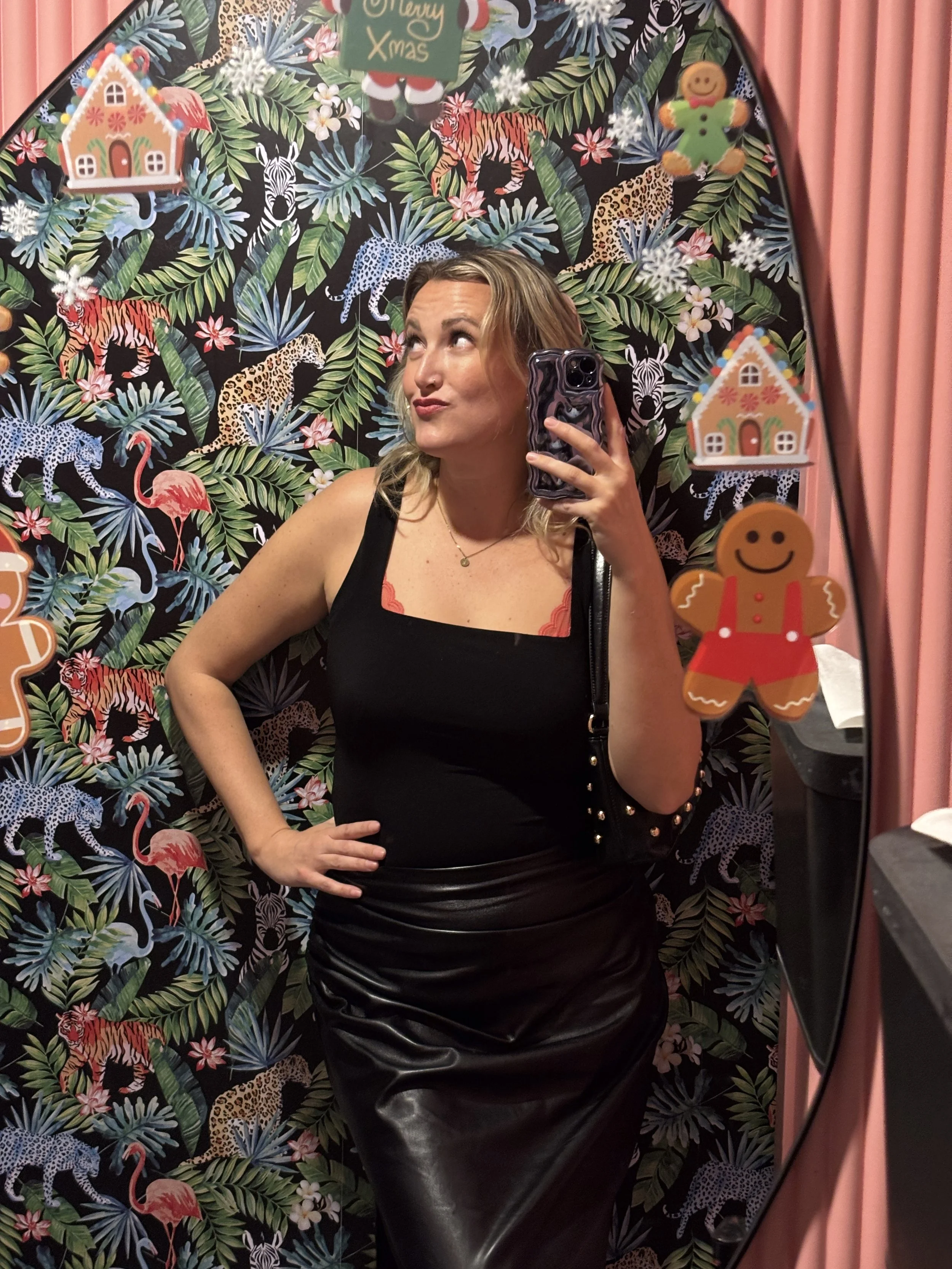Tumbling Toddler, Tumbling Dancer: Learning to Accept Help Without Losing Independence
I hate depending on other people. Yet as a human, I am designed for it.
As I grabbed my throbbing ankle, I cried out in pain on the floor in full bedazzled hair, makeup, and costume. My performance-proof makeup ran down my face while images of what was supposed to run through my mind. I was crying because of the pain… not the physical pain in my foot but the psychological pain of loss. The loss that I wouldn’t dance at all that weekend due to a fractured ankle.
That injured ankle took away six performances, countless workshops, and three nights of social dances, including my first ever solo, while travelling with my dance team. We flew from Toronto to Calgary for dancing, and I would not dance (on two feet) all weekend. Upon returning home, doctors advised I wouldn’t walk for another 6 weeks. Crutches and an air cast imprisoned me indoors as I could not walk or drive myself anywhere. I cried numerous times after that accident due to the painful loss of my hopes, dreams, and independence.
My independence is a bedrock in the foundation of my sense of self.
The Tumbling Toddler Within
I remember watching my niece when she was a toddler. We would try and help her, and she would push us away adamantly saying “No! Self!”. She wanted to do it herself. This is a normal developmental stage as it contributes to one’s sense of self as capable of doing things on one’s own. My injury left me as unstable and dependent as a tumbling toddler, wanting yet not fully capable. Needing, but not wanting the help. My independence is a sword against me. I love and hate this about myself.
The day after my injury in Calgary, my team was going to a restaurant to celebrate together. It was “walking distance” (I now realize is a relative description). While trying to get through the snow in a wheelchair in freezing Calgary, I panicked and wanted to go home immediately. I was so embarrassed. My friend said, “Please let us take care of you.” An unwanted gift. I was so flustered that I implemented strong boundaries, assertively telling everyone what they needed to do and how exactly they needed to do it. My hotel roommate reflected that I was a “boundary boss”. Great compliment, but I look back wishing I hadn’t triggered into a flustered panic at a friend’s kind offering.
The Challenge of Letting Go of Control
You see, I like to be seen as someone who is willing and able. My life coach once joked that “I don’t dare tell you something ahead of time because you’ll do it.” We laughed at my ambition to do things and make it happen. There’s nothing wrong with that – I love my ability to take action. I liked her perception, and I like being admired this way from within my social circles. This ambition pause left me feeling helpless.
Letting people take care of me meant giving up control. It means they’re going to do things differently. Slower. More complicated. Less complicated. Faster. Better. Worse. However they do it, it won’t be how you would do it.
My tumbling toddler self wanted to scream “No! Self!” and tell them exactly what they need to do and how, and it’s because control makes me feel safe. If I can control the outcome, then I know my needs will be met.
Why Rejecting Help Feels Safer
But why do I struggle to be patient and grateful in receiving others’ acts of kindness, effort in service, and generosity in spirit? Here’s my best guess:
It’s a common trauma response to reject help because it can bring up past experiences of abandonment, neglect, rejection, and hurt. Someone’s kindness triggers the historical backlog of “where was this when I needed it before?” All our painful emotions of our past unmet needs rise to the surface, and to avoid the possible pain of rejection again we feel “better” rejecting people’s kindness.
I still struggle to let people help me. I still feel rejected in many ways and still find myself thinking, “it’s better not to depend on others.”
But isn’t that creating the very reality that I am afraid of? It’s ironic to think how our defences and protective responses can create the very outcome we’re dreading.
These are my honest and raw thoughts.
With truth & love,
Katie

